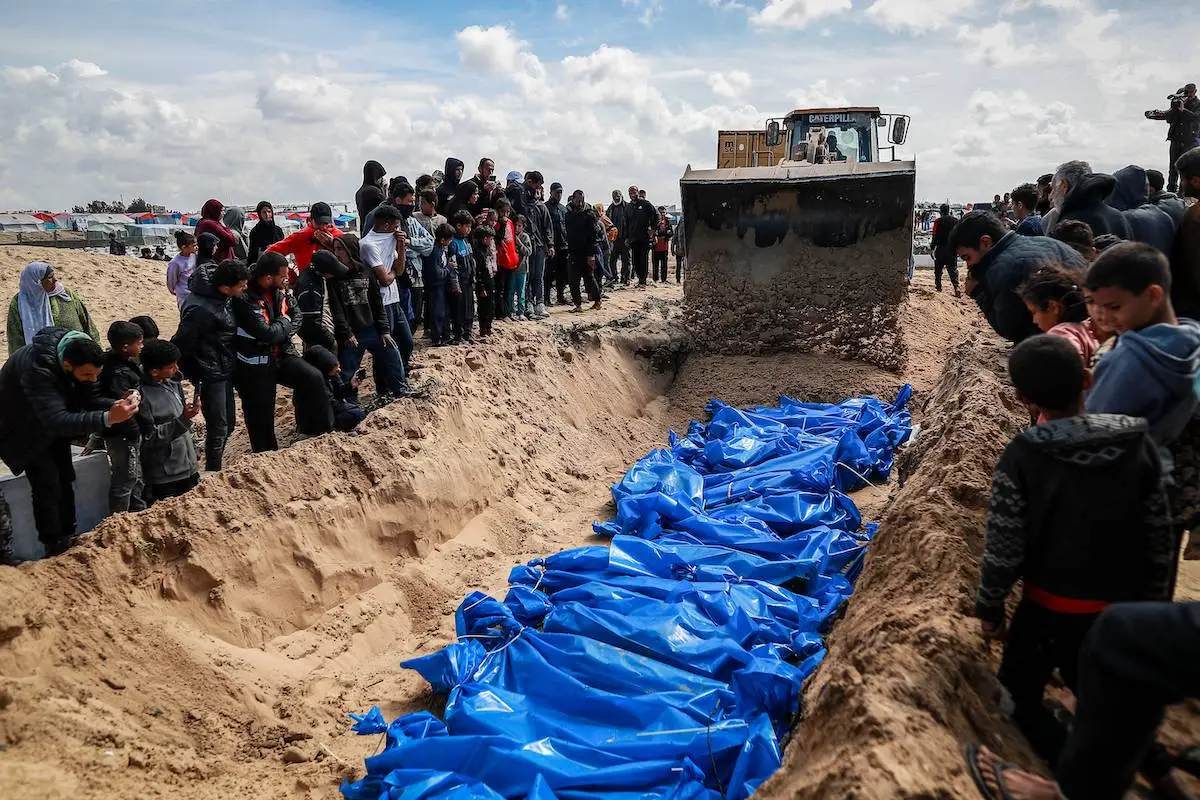As the conflict in Gaza persists, many Muslim nations grapple with the complexities of their responses, recognizing that their actions can markedly influence both regional dynamics and international perceptions. In this environment, a troubling sentiment emerges: the perception of a silent betrayal by 57 Muslim nations who, despite their shared religious and cultural ties, have largely failed to extend significant support to Gaza. This situation raises questions about solidarity, political motivations, and the broader implications for the Muslim world.
Historically, the plight of Palestinians has garnered emotional responses from Muslim leaders, who have often called for unity in the face of adversity. However, as the years have progressed, many nations have opted for pragmatic diplomacy, prioritizing national interests over collective humanitarian concerns.
“The silence from many Muslim-majority countries is deafening,” remarked an analyst familiar with Middle Eastern politics. This silence can be attributed to a variety of factors, including geopolitical alliances, economic considerations, and domestic priorities that often overshadow international advocacy.
Countries such as Saudi Arabia and the United Arab Emirates have pursued closer ties with Western nations, particularly in light of shared interests in trade and security. This shift has led to a hesitance to engage openly with the Palestinian cause, as they navigate complex relationships with Israel and the United States.
As one observer noted, “Realpolitik often dictates the actions of these nations, and the Palestinian struggle becomes a secondary concern.”
Furthermore, the internal politics of many Muslim nations complicate the landscape. Leaders often face pressure to maintain stability and economic growth, leading them to avoid actions that might provoke backlash from powerful allies or disrupt their own governance.
“For many leaders, the cost of supporting Gaza outweighs the benefits,” stated a political scientist specializing in Middle Eastern affairs.
Moreover, the lack of a unified voice among Muslim nations only exacerbates the situation. Divisions over sectarian lines and national interests create a fragmented approach to solidarity, leaving Gaza to fend for itself amid increasing violence.
As humanitarian crises deepen, the international community observes these dynamics with skepticism, questioning the commitment of Muslim nations to their own proclaimed values.














